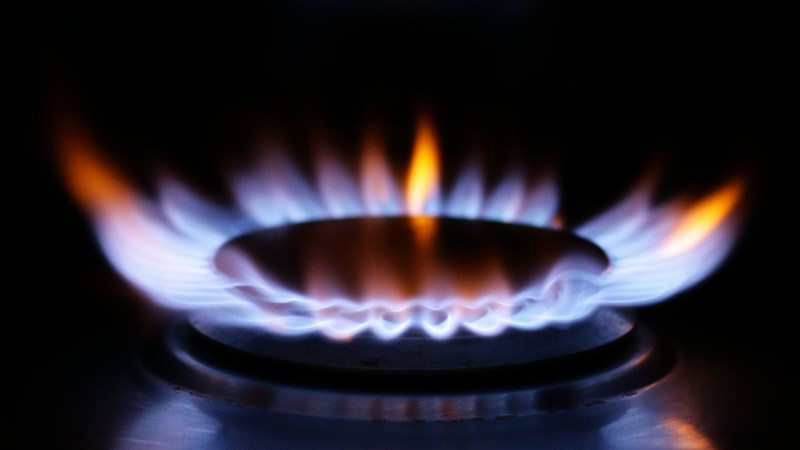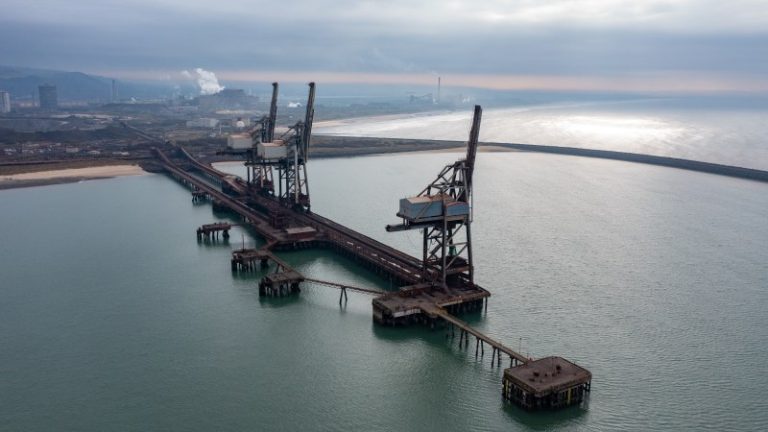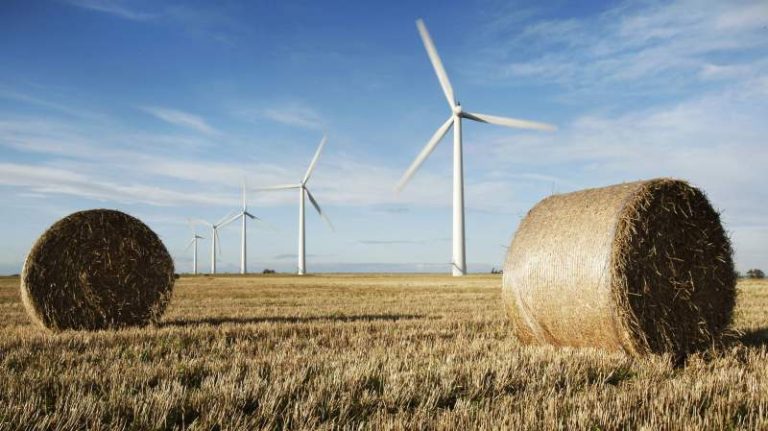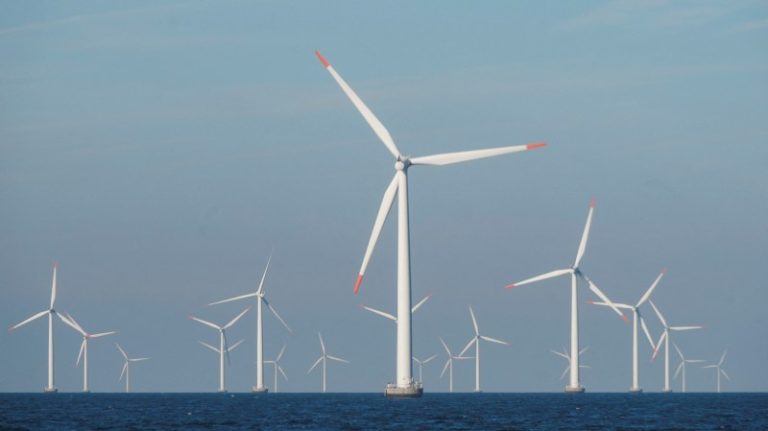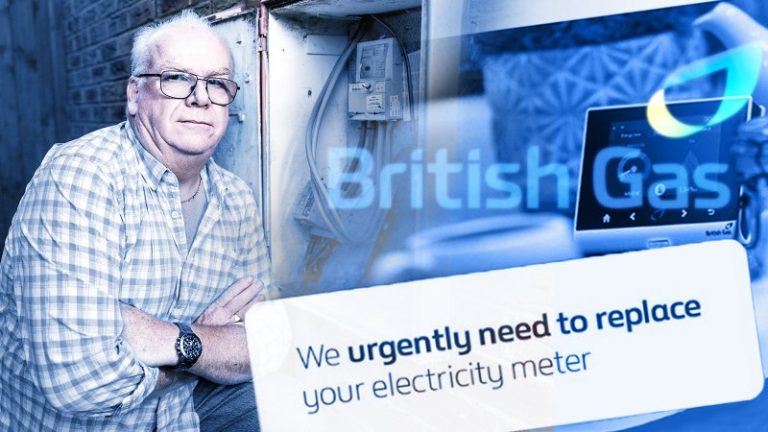Energy price cap 2024: Bills to fall by £122 from July
Energy bills for most households in Britain will fall by £122 to an average of £1,568 a year from July 1, offering some relief to millions of households.
Ofgem lowered the price cap after a sustained fall in wholesale gas prices from the highs reached in the immediate aftermath of the war in Ukraine.
The 7 per cent decline in the price cap from £1,690 will bring household energy bills down to their lowest since March 2022 and represents a saving of about £10 a month. It also leaves bills an average £500 below last summer’s level.
A sharp rise in wholesale gas and power prices since late 2021 had led to sustained increases in the energy price cap.
European gas prices have fallen by about 80 per cent from an August 2022 peak and have remained subdued despite the conflict between Israel and Hamas having led to some concerns about energy supply disruption. Despite the latest reduction, energy bills are still hundreds of pounds higher than pre-crisis levels.
Millions of households have struggled to pay their bills as energy costs have soared and bad debts, which are unlikely to be recovered, have risen to a record £3.1 billion, according to the latest figures from the energy watchdog.
Dame Clare Moriarty, chief executive of Citizens Advice, said: “Today’s news will give small comfort to households still facing cost of living pressures. The fall in the energy price cap reduces bills slightly, but our data tells us millions have fallen into the red or are unable to cover their essential costs every month.”
Ofgem announced a detailed review of the cap earlier this year that would make significant changes to the way it was calculated, in particular to the daily standing charge, which costs a typical consumer several hundred pounds a year even before any gas or electricity is used. The price cap set by Ofgem for the July quarter assumes a standing charge of £334 for a dual-fuel customer, which is unchanged from the present three months.
The energy price cap was introduced by the government in 2019 and limits the prices that suppliers can charge households for each unit of gas and electricity on standard tariffs. It was designed to prevent customers being ripped off and is updated regularly based on the regulator’s assessment of the costs that an efficient supplier should incur. The cap covers households in England, Wales and Scotland. Energy in Northern Ireland is regulated separately.
